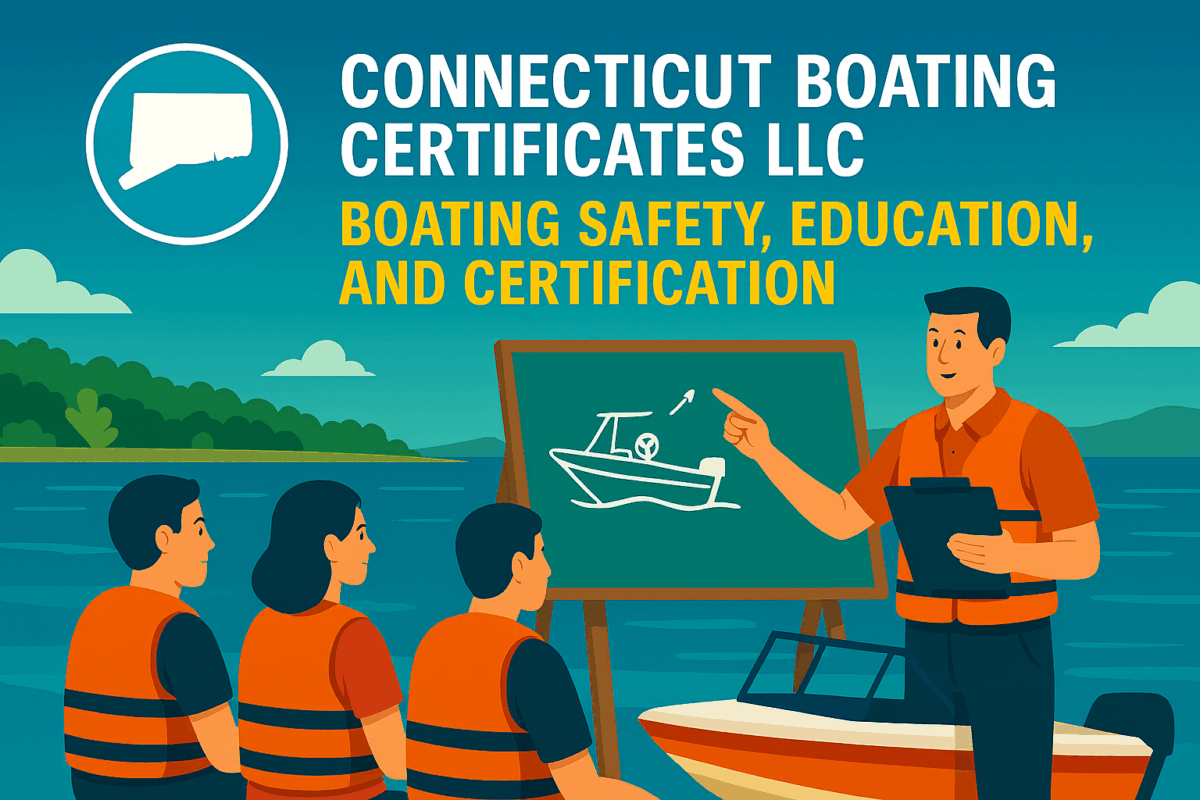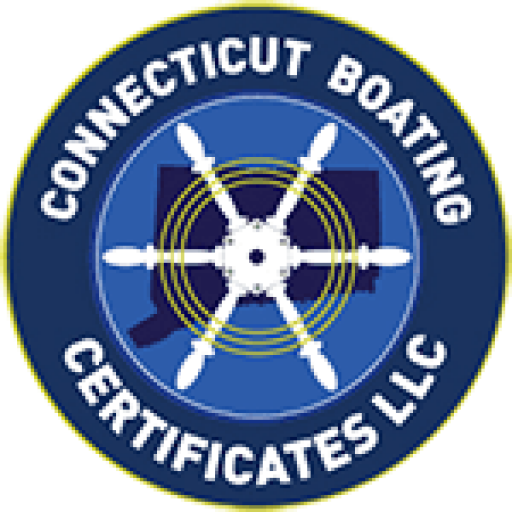Call: 1-800-832-7191

Launch and Retrieval Checklists
Why Launch and Retrieval Checklists Matter
Every boater should use Launch and Retrieval Checklists to ensure a smooth, safe, and efficient day on the water. Because launching and retrieving involve multiple steps, missing one can lead to delays or damage. These checklists help boaters stay organized and reduce stress at busy ramps. They also promote safety by confirming that all systems are ready before departure.
Moreover, using a checklist builds good habits and improves communication between crew members. Whether you’re a beginner or a seasoned captain, this tool makes a big difference.
Key Steps Before Launching
Before launching, inspect the trailer, tires, and lights. Check that the drain plug is installed securely. Because forgetting the plug is common, always double-check. Load gear and safety equipment before reaching the ramp to avoid blocking others. Secure all loose items and confirm that the battery is charged.
Additionally, test the bilge pump, horn, and navigation lights. Review the weather forecast and file a float plan if needed. These steps ensure you’re prepared for changing conditions.
Smooth and Safe Retrieval
Retrieving your boat requires just as much attention. Approach the ramp slowly and wait your turn. Because ramps can be slippery, walk carefully and wear non-slip shoes. Attach the bow line before driving the trailer into the water. Once the boat is aligned, winch it up securely and double-check the safety chain.
After pulling out, move to the staging area to drain water and remove debris. This step helps prevent the spread of invasive species and keeps ramps clear for others.
Promoting the Use of Launch and Retrieval Checklists
Boating instructors, marinas, and clubs should encourage the use of Launch and Retrieval Checklists. Posting laminated copies at ramps and including them in safety courses reinforces their importance. Social media and newsletters can also help spread awareness.
Furthermore, boaters can customize checklists based on their vessel type and local conditions. By promoting Launch and Retrieval Checklists, communities support safer, more courteous boating practices. Ultimately, preparation leads to better experiences on and off the water.
